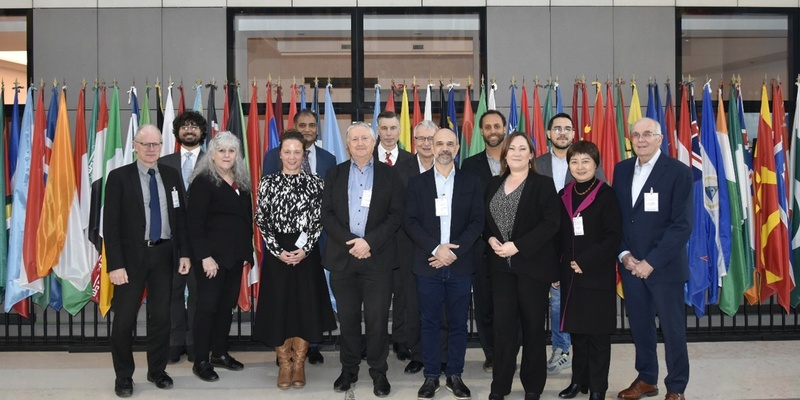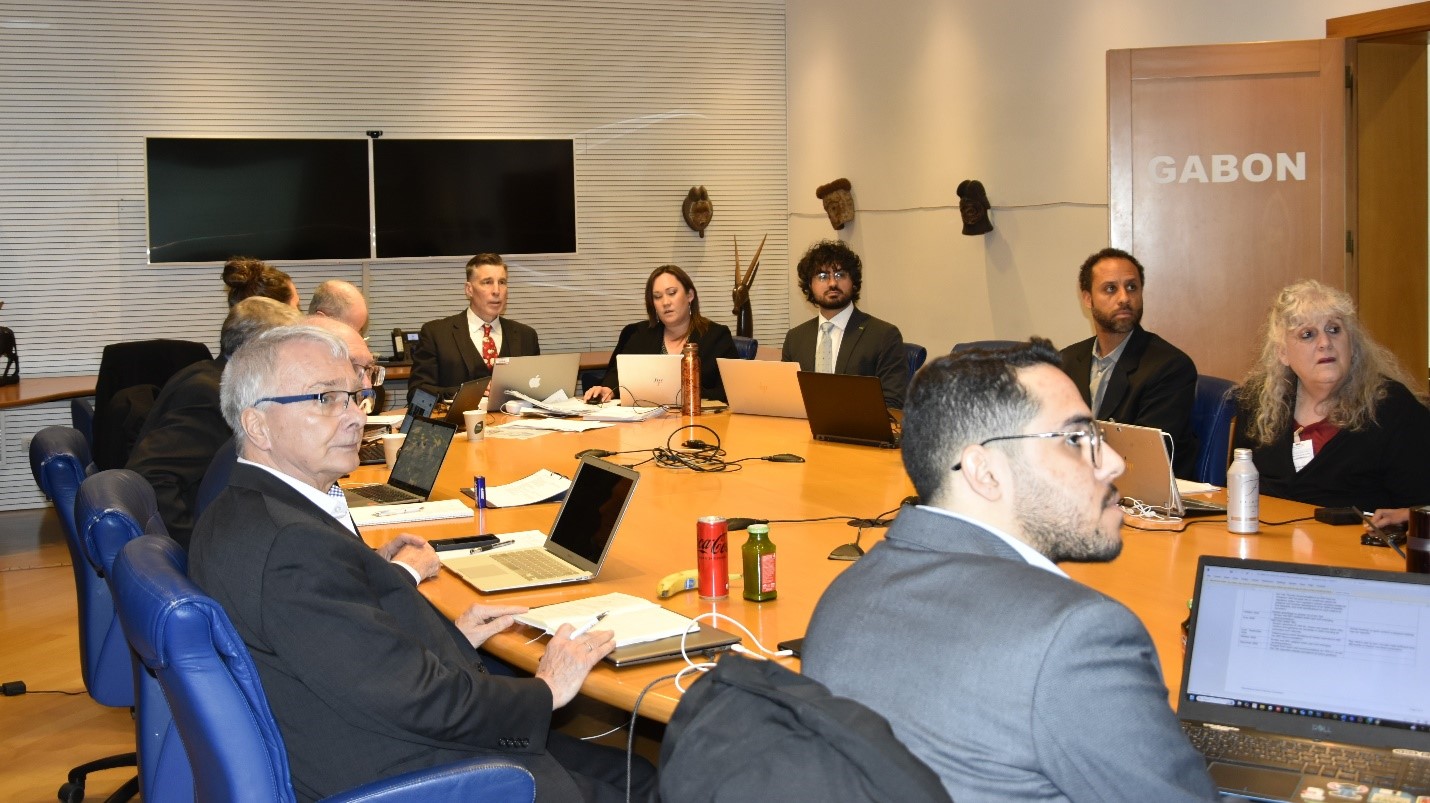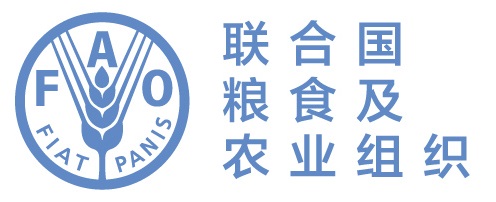植检委海运集装箱焦点小组会议在罗马闭幕
Posted on Fri, 20 Dec 2024, 14:28

©粮农组织/ Mariam Almasri – 植检委海运集装箱焦点小组在粮农组织罗马召开会议。
罗马,2024年12月13日。植检委海运集装箱焦点小组于12月9日至13日在意大利罗马粮农组织总部举行了首次线下会议。此次会议标志着在推进全球有害生物风险管理方面迈出了重要一步。此前,该会议的扩展授权和职权范围已于今年早些时候在植检委第十八届会议(CPM-18)上获得批准。来自各缔约方、区域植物保护组织(RPPO)以及行业界的代表齐聚一堂,就海运集装箱清洁和植物检疫保护的关键问题进行了讨论。
更新未来行动计划
会议的一大重点任务是对小组的行动计划进行修订和更新,该计划是指导小组有害生物风险管理工作的“活文件”。该行动计划最初于2024年10月由植检委主席团批准,将在此后的会议上不断细化,以加入最新发展动态和近期活动中得到的见解,诸如国际集装箱设计研讨会相关事宜。更新后的行动计划将指导小组工作,以落实职权范围内的活动,包括持续评估已确定的监管和非监管选项;通过关键宣传活动推广并扩大对修订版《植检委第R-06 建议》(关于海运集装箱)的采纳;加强与其他多边机构合作;并推动存放责任相关做法以及海运集装箱设计修改等关键举措,以将有害生物风险降至最低。
探讨鹿特丹研讨会成果
小组专门回顾了2024年11月鹿特丹国际集装箱设计研讨会的会议成果。该研讨会强调了有关集装箱设计的各项创新,以将国际供应链中的有害生物风险降至最低。会上所做的关键讨论包括有望推广的试验和新技术,以加强有害生物风险管理。上述创新预计将为未来战略提供参考,并有助于焦点小组实现其总体目标。
构筑全球合作伙伴关系,以达成协调解决方案
会上还讨论了与世界海关组织(WCO)、国际海事组织(IMO)和生物多样性公约(CBD)等其他多边机构的合作事宜。上述合作伙伴关系旨在确保海运集装箱清洁措施在全球范围内保持协调一致,避免重复工作。此外,会上还评估了现有的宣传手段,以加强行业各利益攸关方以及供应链各方的合作意识以及其对相关问题的知晓度。为此,还专门举行了分组会议,以制定有效参与相关策略。小组另外还讨论并思考了区域植物保护组织(RPPO)为降低海运集装箱相关有害生物风险在区域层面所做的努力。除此之外,小组还谈及与联合国欧洲经济委员会(UNECE)有望进行的合作。其作为《货物运输单元装载操作规则》(CTU Code)的三大联合国共同发起者之一正在对该规则进行修订,以更新和强化其中有关防范有害生物污染的内容。
未来方向
小组现已2026年国际研讨会的筹备计划。该研讨会将评估《植检委第R-06 建议》(关于海运集装箱)的实施工作。该研讨会旨在评估当前做法的有效性,分享最佳实践方法,并确定未来的改进方向。该研讨会将发挥重要作用,会上将确定下一步工作要点,并就2027年第21届植检委会议(CPM-21)有关IPPC长期指导的工作提出最终建议。

©粮农组织/ Mariam Almasri – 植检委海运集装箱焦点小组在粮农组织罗马总部召开会议。

